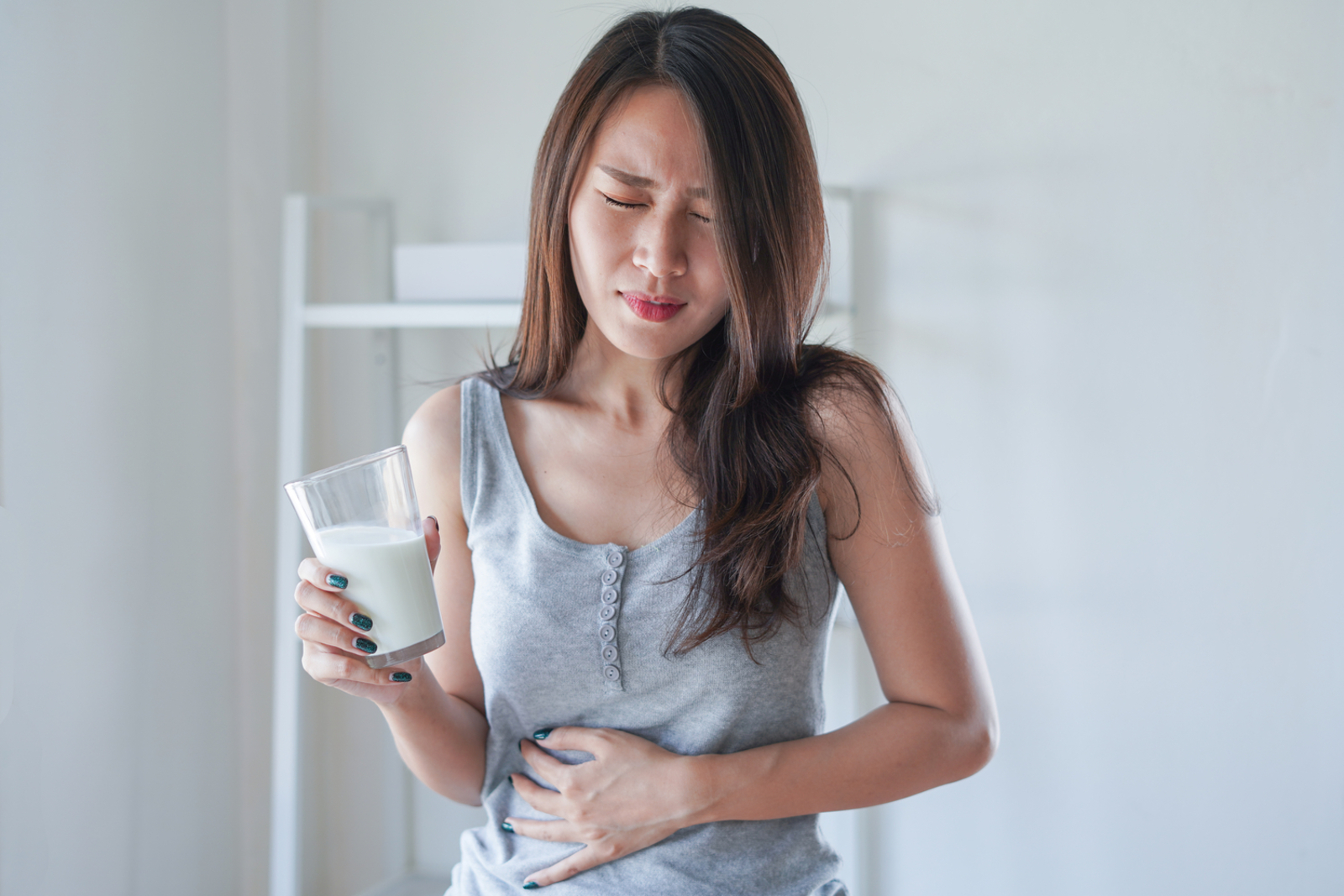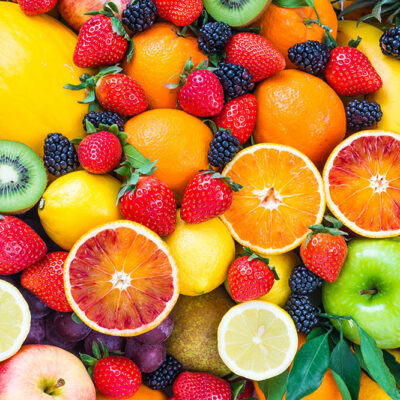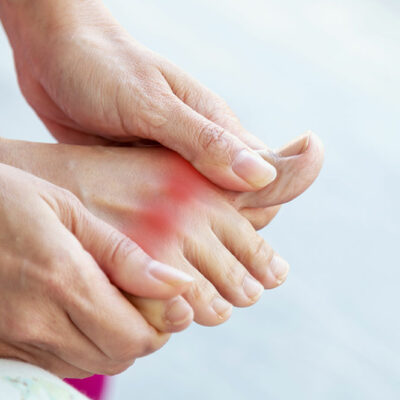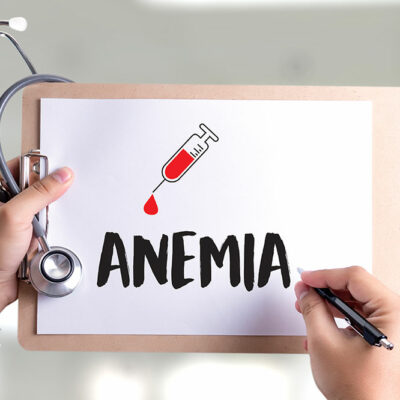
Foods to Avoid with Medical Treatments and Medications
When it comes to medical treatments and medications, what you eat can impact their effectiveness and potentially lead to adverse reactions for your health. It’s important to be mindful of the foods you consume, especially if you’re taking medication or undergoing treatment for a specific condition. Here are some foods that can adversely interact with certain drugs and medical treatments:
1. Grapefruit
Grapefruit is a popular fruit that contains a variety of nutrients and antioxidants. However, it also contains compounds called furanocoumarins that can interfere with the enzymes responsible for breaking down certain medications in your body. This can lead to higher levels of the medicine in your bloodstream, increasing the risk of adverse reactions and potentially harming your health. The interaction between the fruit and some medications, such as statins, calcium channel blockers, and immunosuppressants, is well-documented and can be serious. For example, consuming the fruit or its juice can increase the risk of muscle damage or kidney failure if you’re taking a statin to lower your cholesterol. Therefore, avoiding grapefruit and its juice is recommended when taking these medications.
2. Alcohol
Alcohol is a widely consumed beverage that can interact negatively with various medications, including antibiotics, painkillers, and antidepressants. The interaction can be due to several factors, such as impaired drug metabolism, increased drug concentration, or synergistic effects on the central nervous system. When alcohol and medication are combined, it can increase the risk of side effects, such as drowsiness, dizziness, nausea, and liver damage. Additionally, alcohol can reduce the effectiveness of certain medications, such as blood pressure and diabetes drugs, making it important to avoid consuming it while taking medication.
3. Tyramine-rich foods
Tyramine is a naturally occurring compound in certain foods, including aged cheese, cured meats, and fermented foods. While tyramine itself is not harmful, consuming tyramine-rich foods can be dangerous if you’re taking medications known as monoamine oxidase inhibitors (MAOIs), which are used to treat depression and anxiety. MAOIs work by blocking the action of an enzyme that breaks down tyramine in your body, leading to a sudden increase in blood pressure. This can cause a hypertensive crisis, which can be life-threatening. Therefore, avoiding consuming tyramine-rich foods, such as aged cheese, soy sauce, and beer, is important if you’re taking MAOIs.
4. Dairy
Dairy products can interfere with the absorption of certain antibiotics, making them less effective. If you’re taking antibiotics, it’s important to avoid consuming dairy products for at least two hours before or after taking your medication.
5. Pickled and fermented foods
Pickled and fermented foods, such as sauerkraut and kimchi, can contain high levels of histamine, triggering allergic reactions and worsening symptoms for people with certain conditions, such as asthma and eczema. Additionally, if you’re taking medication for Parkinson’s disease, consuming these foods can reduce the effectiveness of your medication.
6. Leafy green vegetables
Leafy green vegetables, such as kale and spinach, are high in vitamin K, which can interfere with the blood-thinning effects of certain medications, such as warfarin. If you’re taking blood-thinning medication, monitoring your intake of leafy green vegetables is important to ensure that you’re not consuming too much vitamin K.
Being mindful of the foods you consume is essential when taking medication or undergoing medical treatment. By avoiding foods that can interfere with the effectiveness of your medicine or potentially cause adverse reactions, you can ensure that you’re getting the most out of your treatment while maintaining your health.


